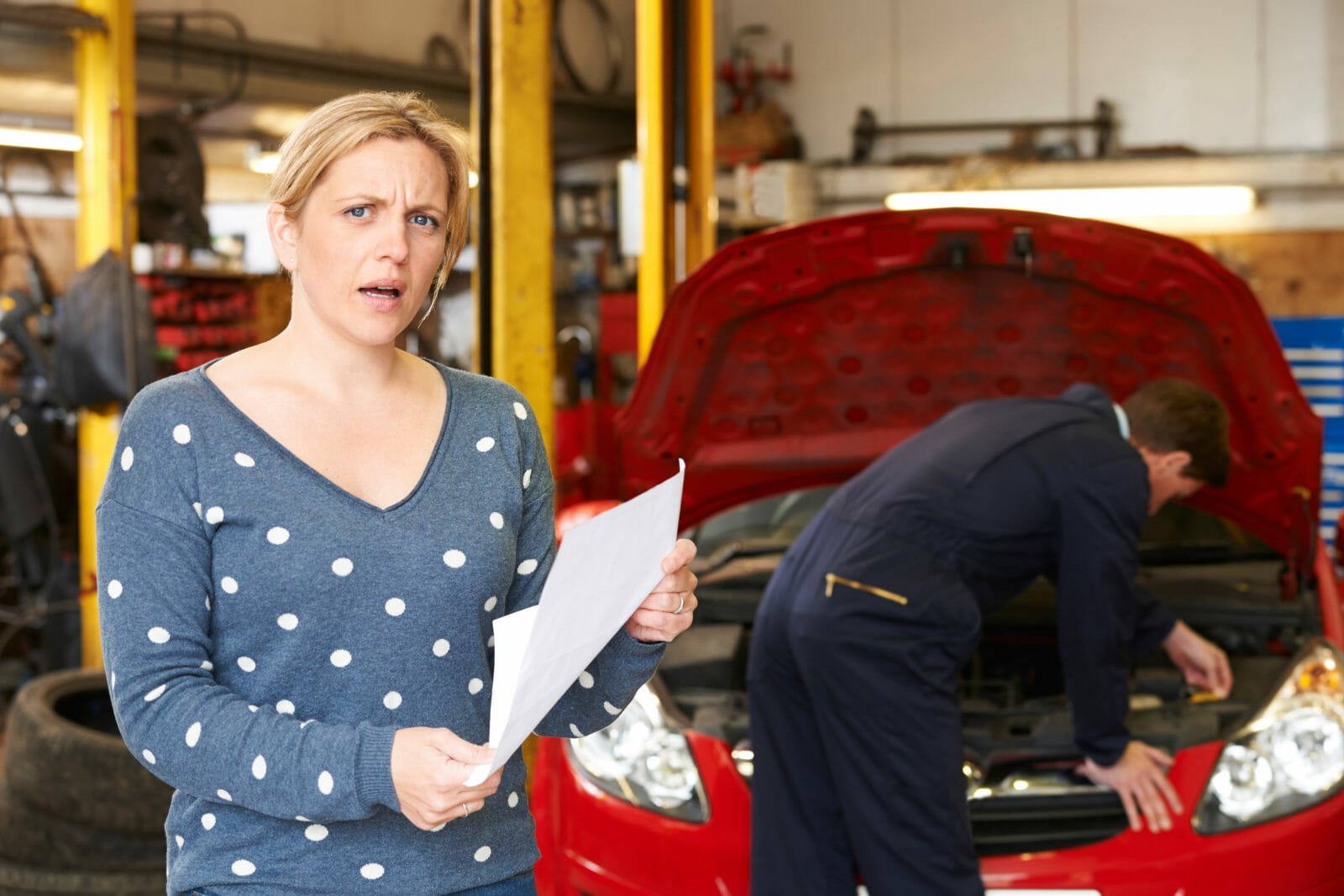Minimizing Buyer’s Remorse after a Car Repair

 Buyer’s remorse: it’s not just for car buyers anymore. Actually, it never was. Any service or item someone purchases can be regretted later, and it does not have to be expensive. Customers become angry or embittered when they feel they’ve been had, no matter how much money they’ve lost. If you’re employed in customer service in any capacity, making sure the people you serve never feel like they’ve gotten the worse end of a bargain should always be a primary goal at work.
Buyer’s remorse: it’s not just for car buyers anymore. Actually, it never was. Any service or item someone purchases can be regretted later, and it does not have to be expensive. Customers become angry or embittered when they feel they’ve been had, no matter how much money they’ve lost. If you’re employed in customer service in any capacity, making sure the people you serve never feel like they’ve gotten the worse end of a bargain should always be a primary goal at work.
We’ve talked before about building a positive relationship with your auto shop customers and how that takes time and effort. It’s not enough to provide good service, unfortunately. If the customer does not also feel that what they received was valuable, they will not return. There is a saying in the medical industry that doctors people like don’t get sued. This includes doctors who make mistakes. Most people understand that mistakes sometimes happen, and they are inclined to overlook or forgive them for people who they like because those relationships are more important to them than whatever the mistake was.
It’s a little trickier to develop those kinds of bonds with your customers when you only have short windows of time a few times a year and many of those visits center around a stressful problem your company has to solve. It’s still possible to build rapport with people so they will respond in a more trusting and understanding manner, though.
How should you do that? Communication, communication, communication. From the moment your customer walks into the door, your auto shop communicates to them what kind of place this is. Are you smiling at them and making eye contact? Are you able to engage with them right away or do they have to wait a long time? How are you presenting your customers with their estimates? While their vehicles are being repaired are you checking in with them, either in person if they are waiting or on the phone if they’ve left their vehicle with you?
Every step of this process you should be telegraphing with your attitude, your words, your facial expressions, and your process that their business matters to you and that you are concerned about the outcome of their problem. You can’t always win. There will be repairs that are too expensive or take longer than you could have foreseen, and there are customers who will be impatient, angry, or frustrated because of things you can’t control. You can, however, treat them with respect and patience throughout their entire experience at your shop, and that is what you must do.
After your customers’ cars have been repaired and you’ve waved goodbye, that communication process is still not over. Follow up with your customers. Maintaining that concern even after their checks have cashed goes a long way to persuading people that they are important to you and that you are trustworthy and do care about giving good value.
Finally, minimizing buyer’s remorse will also help you avoid negative publicity. An unhappy customer – one who believes she’s been taken for a ride – will drive further business away from your shop. Happy customers give free publicity that is always welcome and useful, but unhappy customers tend to view themselves as cautionary tales they will tell to anyone they know, and that can be disastrous for business. When in doubt or difficulty, imagine that your customer is a friend who is having a bad day and needs a little help. This will enable you to harness both your best communication skills and their trust.


Responses